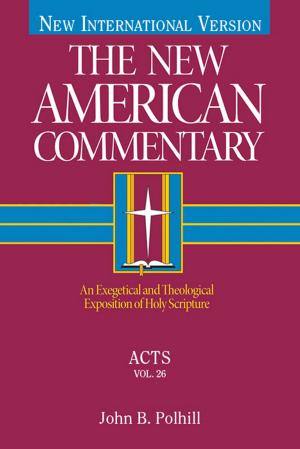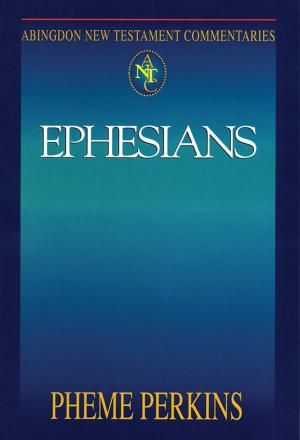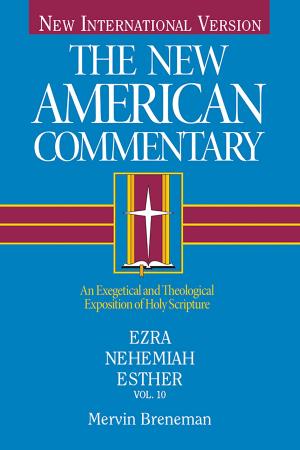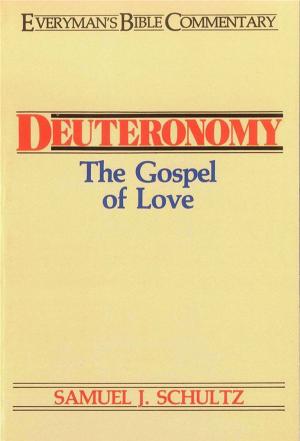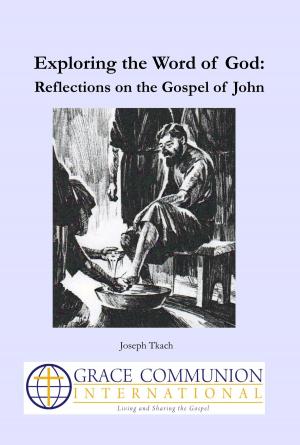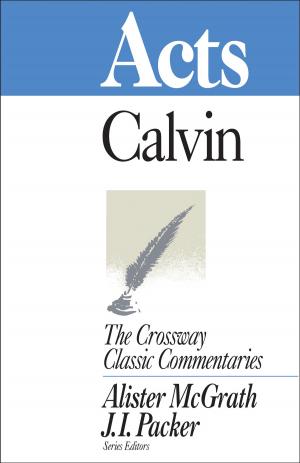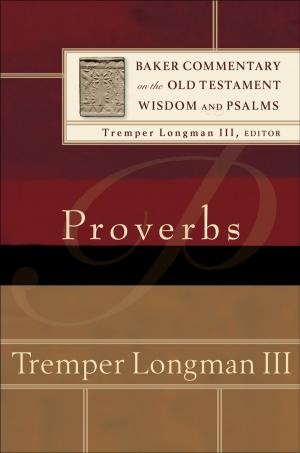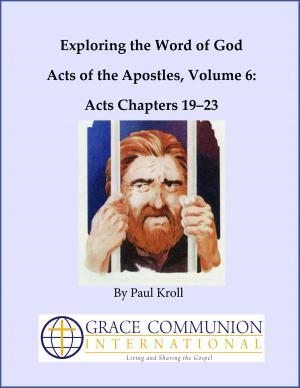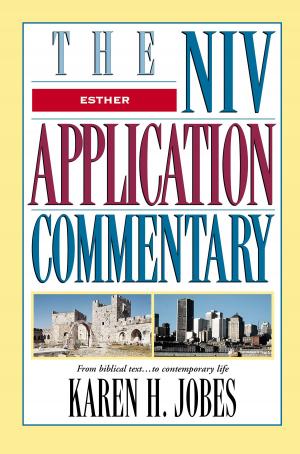The Epistles of John
A Verse-by-Verse Exposition
Nonfiction, Religion & Spirituality, Bible & Bible Studies, New Testament, Commentaries| Author: | F.F. Bruce | ISBN: | 9781912149292 |
| Publisher: | Kingsley Books, Inc. | Publication: | August 31, 2018 |
| Imprint: | Kingsley Books, Inc | Language: | English |
| Author: | F.F. Bruce |
| ISBN: | 9781912149292 |
| Publisher: | Kingsley Books, Inc. |
| Publication: | August 31, 2018 |
| Imprint: | Kingsley Books, Inc |
| Language: | English |
The Epistles to John were written to Asian Christians at the end of the first century to encourage them in the face of false teachings and to assure them that they were following the truth of Christ. John's clearly stated purpose is that his reader "may know that ye have eternal life" (1 John 5:13) and "that ye also may have fellowship with us: yea, and our fellowship is with the Father, and with his Son Jesus Christ and . . . that your joy may be fulfilled." (1 John 1:3-4). Believers still face the temptation to conform the gospel to current fashions of thought, just as they did in the time of John. For instance, Bruce explains that "Worldliness . . . does not lie in things we do or in places we frequent; it lies in the human heart. . . . It may manifest itself in petty but soul-stunting ambitions like "keeping up with the Joneses"; it may manifest itself in unthinking acquiescence in current policies of monstrous malignity, as when too many Christians in Nazi Germany found it possible to go along with (or close their eyes to) their government's genocidal treatment of the Jews. Worldliness of this sort is not that which has usually been denounced by popular pietism." Originally written as a series of magazine articles for "The Witness," F.F. Bruce's exposition and introduction to the Epistles of John is amazingly relevant today. His insights speak sharply but lovingly. "The one effective antidote to worldliness," he says," is to have one's heart so filled with the Father's love that it has no room for any love that is incompatible with that." Drawing on his years of scholarship, Bruce presents the meaning of the epistles in a straightforward and understandable way, touching only lightly on textual, critical, and linguistic questions. "An excellent guide," said Christianity Today. Bruce "speaks up with grace and clarity," said The Christian Century.
The Epistles to John were written to Asian Christians at the end of the first century to encourage them in the face of false teachings and to assure them that they were following the truth of Christ. John's clearly stated purpose is that his reader "may know that ye have eternal life" (1 John 5:13) and "that ye also may have fellowship with us: yea, and our fellowship is with the Father, and with his Son Jesus Christ and . . . that your joy may be fulfilled." (1 John 1:3-4). Believers still face the temptation to conform the gospel to current fashions of thought, just as they did in the time of John. For instance, Bruce explains that "Worldliness . . . does not lie in things we do or in places we frequent; it lies in the human heart. . . . It may manifest itself in petty but soul-stunting ambitions like "keeping up with the Joneses"; it may manifest itself in unthinking acquiescence in current policies of monstrous malignity, as when too many Christians in Nazi Germany found it possible to go along with (or close their eyes to) their government's genocidal treatment of the Jews. Worldliness of this sort is not that which has usually been denounced by popular pietism." Originally written as a series of magazine articles for "The Witness," F.F. Bruce's exposition and introduction to the Epistles of John is amazingly relevant today. His insights speak sharply but lovingly. "The one effective antidote to worldliness," he says," is to have one's heart so filled with the Father's love that it has no room for any love that is incompatible with that." Drawing on his years of scholarship, Bruce presents the meaning of the epistles in a straightforward and understandable way, touching only lightly on textual, critical, and linguistic questions. "An excellent guide," said Christianity Today. Bruce "speaks up with grace and clarity," said The Christian Century.


